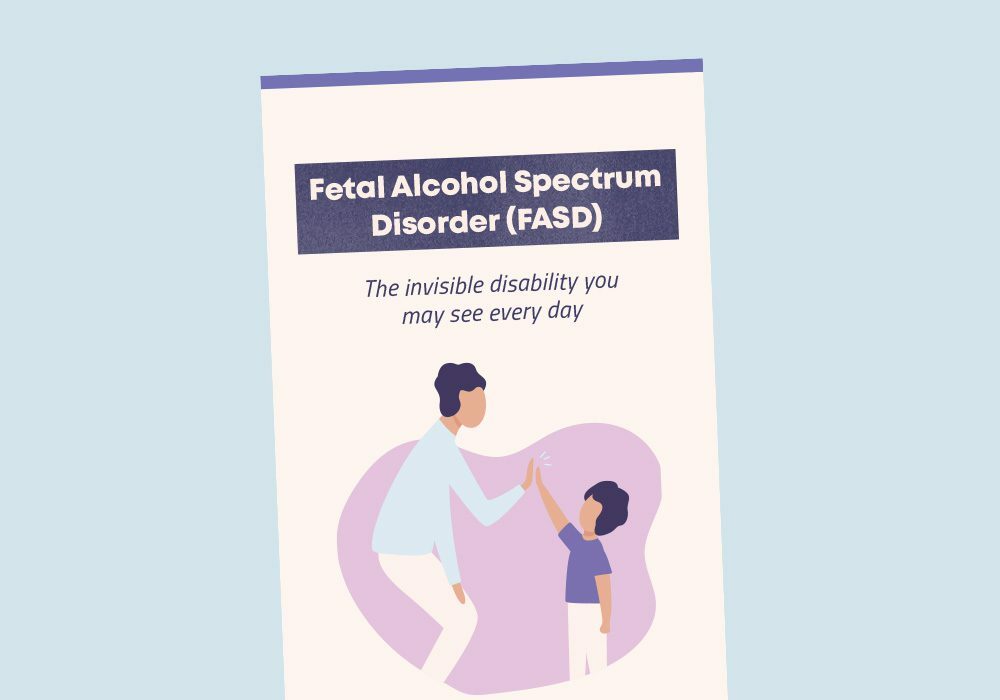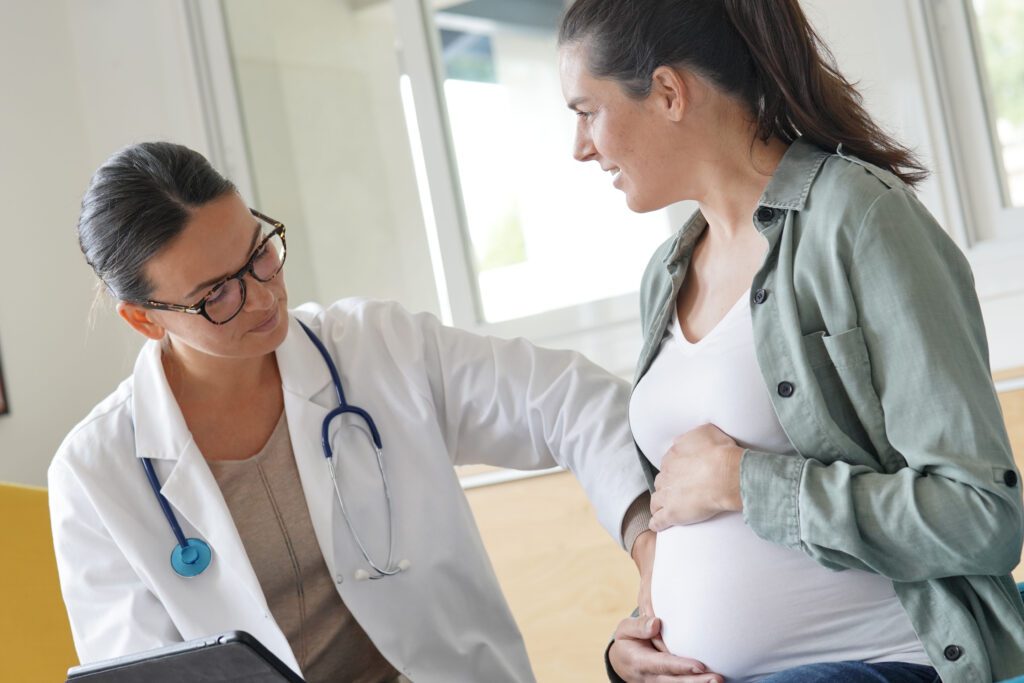Out-of-home Carers and Providers

The invisible disability you may see every day
Supporting children and young people in out-of-home care
People involved in out-of-home care play an important role in recognising and supporting the needs of children and young people with Fetal Alcohol Spectrum Disorder (FASD). When FASD goes unrecognised, children and young people can be left without the right support, misunderstood, or even blamed for behaviours caused by their disability.
Accurate and timely diagnosis of FASD allows appropriate supports to be put in place. This helps establish successful placements and allows foster carers, guardians, or adoptive parents to be better equipped and informed to meet the needs of the child or young person in their care.
What is FASD?
FASD is a lifelong disability caused by exposure to alcohol before birth. It presents differently for each person, but potential signs of FASD can include:
- Developmental delay
- Sleep disorders
- Difficulty regulating emotions
- Impulsive or risk-taking behaviours
- Challenges understanding and learning from
- past mistakes or consequences
- Difficulty making and keeping friends
- Poor memory
What you can do to help
If you think a child or young person in your care may have FASD, you can ask for a referral to a paediatrician and/or FASD-informed health care provider to seek an assessment and diagnosis.
When children and young people enter out-of-home care, approach any behaviour or difficulties with a FASD-informed lens. This means:
- Consider whether substance misuse was a reason for placement.
- Seek a FASD assessment and diagnosis if there are concerns.
If a child or young person in your care has FASD, they may need specific support that considers their individual behaviours and strengths. Work with FASD-informed organisations and health care providers to develop strategies, and make sure other people who are involved with the child or young person are also FASD-informed.
Learn more about common behavioural symptoms and signs of FASD by visiting the NOFASD website.
What women say
We asked women who have children with FASD to share their thoughts. Here is what they had to say:
Resources
We’ve worked with NOFASD Australia to develop resources about alcohol and pregnancy for Out-of-Home Carers and Providers.


We’d love to hear from you
We are conducting a survey to evaluate these resources and we’d love to hear your views. Let us know what you think and you’ll go in the draw to win one of four $75 e-gift cards.
This study titled Consumer perceptions of alcohol and pregnancy health education materials has been approved by the University of Adelaide’s Human Research Ethics Committee (Approval Number: H-2022-153)
Looking for training?
Update your knowledge and skills with our eLearning course, Supporting alcohol-free pregnancy and safe breastfeeding. It’s free and accredited by the Royal Australian College of General Practitioners (RACGP), the Australian College of Midwives (ACM), the Royal Australian and New Zealand College of Obstetricians and Gynaecologists (RANZCOG) and the Australian College of Rural and Remote Medicine (ACRRM).


